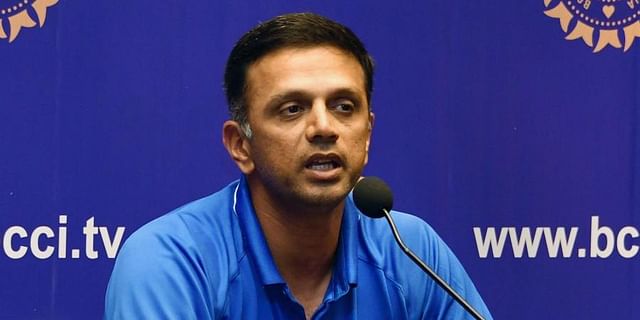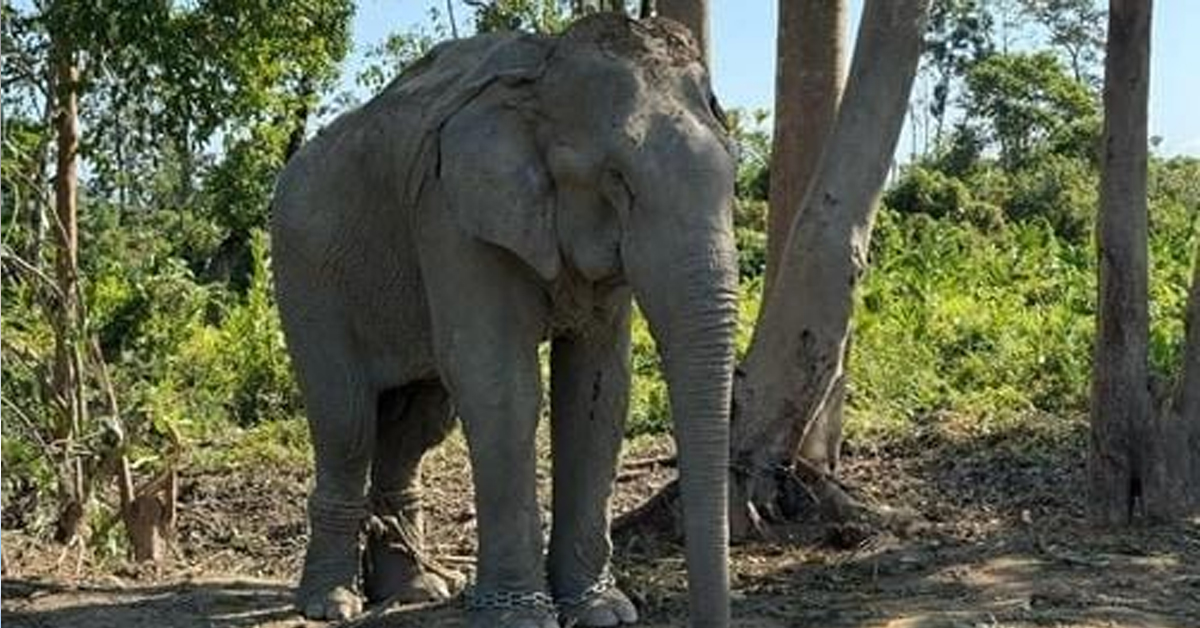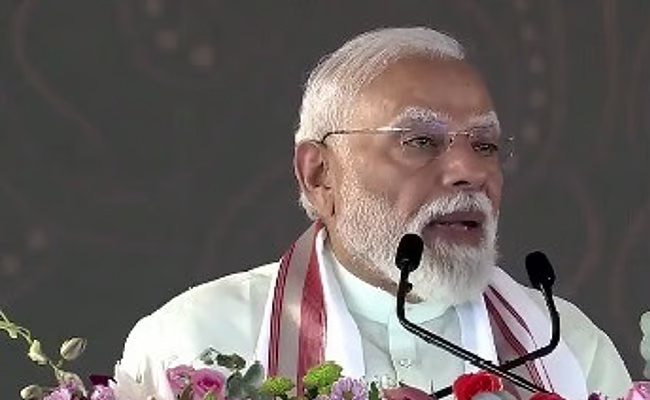New Delhi, Nov 3: Former captain Rahul Dravid was on Wednesday appointed as the head coach of the Indian men's cricket team by the BCCI, a development that was expected after the batting great was convinced by the board's top brass.
Dravid, who was working as the head of National Cricket Academy, has been appointed for a period of two years till the 2023 50-over World Cup in India.
The 47-year-old Dravid, one of the greatest to have played for India, was the only choice for BCCI president Sourav Ganguly and secretary Jay Shah, who had called him in Dubai and convinced him to apply for the position.
Once Dravid had applied, the BCCI didn't even need to look at any other application.
"The Cricket Advisory Committee comprising Ms Sulakshana Naik and Mr RP Singh on Wednesday unanimously appointed Mr Rahul Dravid as the Head Coach of Team India (Senior Men). The former India captain will take charge from the upcoming home series against New Zealand," the BCCI stated in a media release.
The BCCI had invited applications for the said position on October 26 to appoint incumbent Ravi Shastri's successor, whose term gets over after the ongoing ICC T20 World Cup.
"It is an absolute honour to be appointed as the new head coach of the Indian cricket team and I am really looking forward to this role," Dravid said.
He also thanked his predecessor Shastri for his role in shaping the current Indian team.
"Under Mr Shastri, the team has done very well, and I hope to work with the team to take this forward."
🚨 NEWS 🚨: Mr Rahul Dravid appointed as Head Coach - Team India (Senior Men)
— BCCI (@BCCI) November 3, 2021
More Details 🔽
Let the Truth be known. If you read VB and like VB, please be a VB Supporter and Help us deliver the Truth to one and all.
Abu Dhabi: At least three people have been killed and 58 others injured in the United Arab Emirates since Iran began its retaliatory missile campaign in the Gulf following US and Israeli attacks, authorities said.
In a statement, the UAE’s Defence Ministry said the country detected 165 ballistic missiles, of which 152 were destroyed. It also said two cruise missiles were intercepted.
The ministry added that a total of 541 Iranian drones were detected, and 506 of them were intercepted and destroyed.
According to the statement, the attacks resulted in the deaths of three individuals – one each from Pakistan, Nepal and Bangladesh.
Further details about the condition of the injured were not immediately available.





